Whipple Company Store
Smack in the midst of coal country, this collection provides a peoples' history of Appalachian miners' heritage.
Located in West Virginia’s Fayette County in the epicenter of Appalachian mining country is a curious building known as the Whipple Company Store. Standing almost in the middle of the road at the junction of County Roads 15 and 21/20 for more than a century, the “store” is more than just the last of its kind. Today this former coal company store functions as the repository for memories for generations of West Virginians, for whom the act of mining for coal has long ago ceased to be a mere job, having instead given rise to the foundation for the culture and way of life visible throughout modern Appalachian society still to this day.
The 18,000-square-foot structure was originally built circa 1890 by a burgeoning coal company as it steamed its way into town on the region’s new railroad. The store itself functioned as their headquarters for everything social, fiscal, and logistical transpiring in the company’s town, where they housed workers for their mines.
Inside the store, its employee-residents could trade scrip—company-specific legal tender in which workers were paid — for goods like clothing, food, and the occasional frippery (“from candy to caskets”). The building’s strange octagonal shape was designed as a means to control the workers, for the store’s one employee could stand dead-center in the store, surrounded by its cases and shelf-lined walls, and the room itself became an echo chamber, providing the company with all the intelligence it needed to maintain the upper hand over its workers. Tours of the building include information on the store’s partial second floor and secret safe, as well as the third floor’s ballroom (currently under restoration, painted a crumbling “mountaineer gold”) used for throwing parties for the well-heeled company heads from the region.
It remained in operation as a coal company store until 1954, closing with the closure of the New River Company’s Whipple mine. Shortly thereafter, the structure was purchased by a private party who renamed the store “Madge’s Trading Post” and continued to offer services the community depended upon — like operating the post office from within the store—while accepting the U.S. Dollar. In the late 20th century, the building changed hands yet again, where for a brief period of time it housed a dinner theater. After repairs to the structure proved too costly, the one-of-a-kind building was re-posted for sale.
In 2006, a local couple acquired the Whipple Company Store with the intention of simultaneously returning it to its original purpose, and converting it into a temple for education. The last of a once-popular sight from throughout the mountain region would be preserved as a non-profit museum dedicated to Appalachian cultural heritage, and its owners would be free to educate visitors on the peoples’ history of the region, from the very place that was once the center of life in the coal camp. The story told inside the Whipple Company Store —beginning with demos of miners’ personal effects like the lunch pails and head lamps, progressing through rooms decorated with hand-written tributes to lost miners by visitors, into the central room of the store itself to portray the companies’ affect on the community — exists as a powerful, independent voice providing an unbiased counterbalance to the region’s “king coal”-sponsored presentations of the lives of its workers.
Many people do not realize that coal helped build the United States. Without coal and those who mined it, the large-scale production of steel would have been nearly impossible, and it was plentiful steel that facilitated the building boom and the war effort during the two World Wars. The Whipple Company Store is a standing tribute to these important coal miners and their families.
Know Before You Go
Open May 1st through November 1st, 11am to 6pm. Admission, per person: $10 (Building Tour); $25 (Educational Tour); $25 (Haunted History – October evenings only, see website for details). Several levels of tours are available, depending on visitors' level of enthusiasm. For those interested in learning about the basics of coal camp living, half-hour to 45-minute tours of the building do an excellent job of covering the basics; educational tours lasting approximately two hours provide a more in-depth look at the day-to-day lives of coal miners in a bygone era, including a slightly more political take on the in's and out's of navigating company town life. Entrance fees go toward further, ongoing renovations and preservation of the structure, as well as acquisition and preservation of local, region-specific artifacts.
Community Contributors
Added by
Plan Your Trip
The Atlas Obscura Podcast is Back!



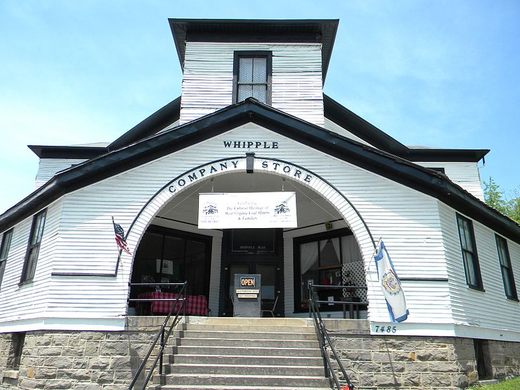

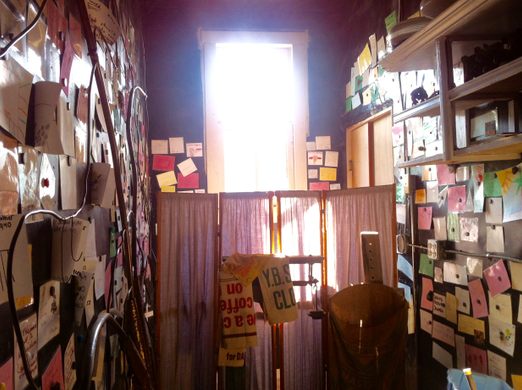

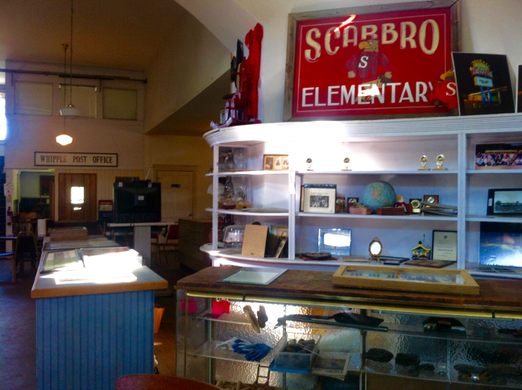
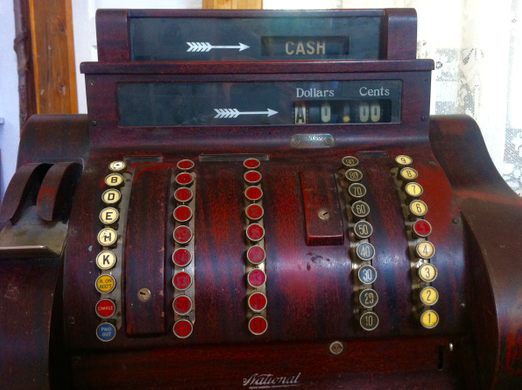
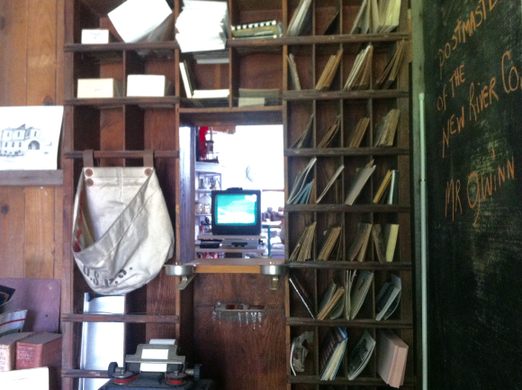
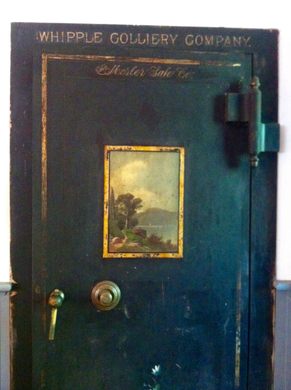

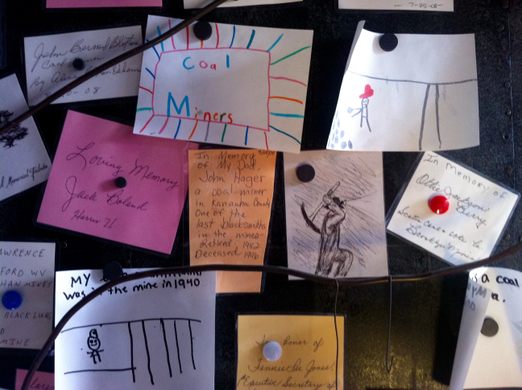








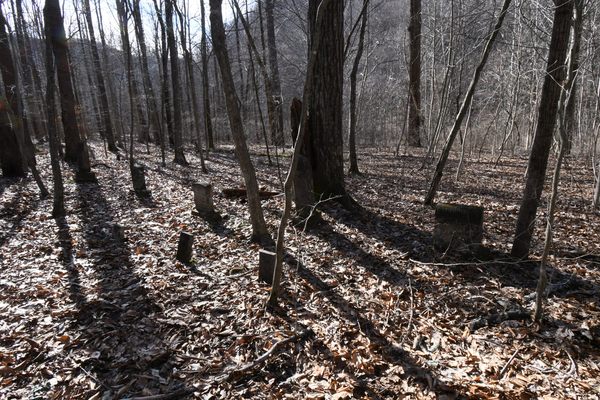
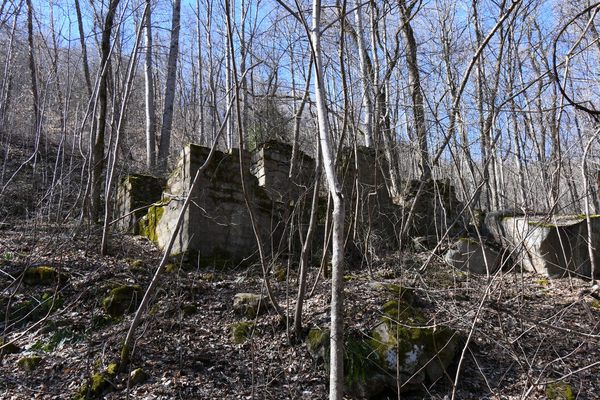






Follow us on Twitter to get the latest on the world's hidden wonders.
Like us on Facebook to get the latest on the world's hidden wonders.
Follow us on Twitter Like us on Facebook